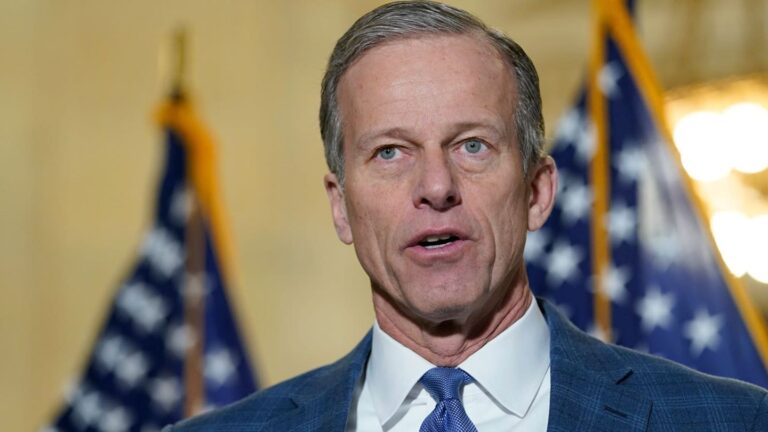 Apple Inc came under fire on Tuesday at a Senate hearing over an investigation that alleged the U.S. high technology icon has kept billions of dollars in profits in Irish subsidiaries and paid little or no taxes to any government.
Apple Inc came under fire on Tuesday at a Senate hearing over an investigation that alleged the U.S. high technology icon has kept billions of dollars in profits in Irish subsidiaries and paid little or no taxes to any government.
“Apple effectively shifts billions of dollars in profits offshore, profits that under one section of the tax code should nonetheless be subject to U.S. taxes, but through a complex process avoids those taxes,” said Senator Carl Levin.
Apple Chief Executive Tim Cook was slated to testify to the subcommittee at the hearing, along with other senior executives of the company.
As chairman of the Senate Permanent Subcommittee on Investigations, Levin frequently dives into complex tax issues. His latest probe targets one of America’s most successful companies, with a powerful global brand.
Offshore tax avoidance by multinational companies has become a high-profile issue. Cash-strapped governments worldwide are increasingly focused on wringing more tax revenue from corporations that often have interests in many countries and easily shift capital and assets across national borders.
The Levin inquiry comes at a turbulent time in tax circles, with the U.S. Internal Revenue Service under investigation over targeting by IRS agents of conservative political groups.
The impact of that controversy and Levin’s allegations on the potential for a thorough overhaul of the U.S. tax code were hard to predict. Tax law writers in Congress had been inching forward on such a project before the IRS scandal erupted earlier this month. Levin’s inquiry has been under way for months.
Levin urged closing “unjustified tax loopholes” like those he said Apple used to avoid $9 billion in U.S. taxes in 2012.
“Closing these kinds of unjustified loopholes could provide hundreds of billions of dollars to reduce the deficit and avert damaging budget cuts,” said Levin, a Democrat, at the hearing.
“We should close them and dedicate the revenue that generates to these important priorities, whether or not we reform the overall tax code,” he said.
Senator John McCain praised Apple as an American business success story, but he said that Apple’s corporate tax strategy “reflects a flawed corporate tax system.”
The former Republican presidential nominee said, “It is a system that allows large multinational corporations to shift profits offshore to low-tax jurisdictions.
“For years, Apple has opted to forego fully contributing to the U.S. Treasury and to American society by shifting profits and circumventing U.S. taxes.”
Subcommittee staffers said on Monday that Apple was not breaking any laws and had cooperated fully with the inquiry.
On Monday, Apple said in a comment posted online that it does not use “tax gimmicks.” It said the existence of its “Apple Operations International” unit in Ireland does not reduce Apple’s U.S. tax liability and the company will pay more than $7 billion in U.S. taxes in fiscal 2013.
At the hearing, Levin’s subcommittee issued a 40-page memorandum focused on explaining allegations that Apple used three subsidiaries with no “tax residency” in Ireland, where company executives manage those companies.
The main subsidiary, a holding company that includes Apple’s retail stores throughout Europe, has not paid any corporate income tax in the last five years, the subcommittee said.
(Reuters)











3 Responses
This is ridiculous.
If they broke the law, then the IRS should go after them. But they didn’t break the law–the followed it in meticulous detail.
If congress doesn’t like the laws, they should change them. But they shouldn’t do witchhunts against american companies who just follow the laws that congress made.
the primary responsibility of the directors of a corporation is to the shareholders–not to the IRS, environmentalists, etc.
to pretend otherwise, is to ask directors to abdicate their fiduciary responsibility.
When companies give to environment etc, it is always with a view for good corporate image which generates (hopefully) more revenue.
If the management of Apple, or any other corporation, did not use “loopholes” in the tax code, they could be sued for mismanagement.
So, the senators may wish to make headlines, but Apple makes money.
With respect to comments 1 and 2, let me add some additional uninformed kibbitzing.
With respect to comment 1: If the Apple subsidiaries that kept money offshore had no legitimate business purpose (and tax avoidance, by itself, is not a legitimate business purpose), no employees, no operations, then those subsidiaries are shams, and ascribing income to them rather than the parent company is illegal. The IRS should investigate, and it is too early to say, as commenter no. 1 did, that Apple did not break the law.
With respect to comment 2: Directors’ primary duty is to look out for the stockholders, and part of that responsibility includes making sure that the company pays its taxes and other creditors, as stockholder come last when a company passes out its money. And directors are personally liable responsible under some states’ laws if a company pays improperly pays a dividend or other distribution to its stockholders. And if a company has not properly calculated its liabilities, including income tax liabilities, it may blunder into making improper distributions to its stockholders.
And directors have other duties besides their primary one. Making sure that the company obeys the law is part of their responsibility.